India became independent in 1947 and adopted, after nearly three years of debate in the constituent assembly, a constitution which came into effect on 26 January 1950. This constitution has lasted until the present, with its basic structure unaltered. India has had thirteen general elections between 1952 and 1999 (despite the nineteen-month ’emergency’, which itself was based on a provision of the constitution) and is often called the world’s largest democracy. This is a remarkable achievement, given that the generally accepted prerequisites for democratic stability did not exist, and do not exist even today. Half a century of constitutional democracy is something that political scientists and legal scholars need to analyse and explain. This book does that with the greatest authority. It locates the constitution in the history and sociology of modern India. Its first part consists of ‘overview’ essays on the constitution and justice; on democracy; on the nation and state. The second part is on organising principles-on federalism; on the rationale for incorporating in the constitution fundamental ideological goals as binding upon the state; on secularism; and on the basic structure doctrine. The third part is on rights and justice-on individual and group rights; on gender equality and personal liberty. The fourth part is on equity-on economic justice and on affirmative action. The fifth part is on the polity-on trends in the constitution’s working; on decentralization and local government; on parties and political representation; and on electoral rules, representation and power-sharing.
Coalition Politics in India: Selected Issues at the Centre and the States
This is an in-depth analysis ...
$63.00
$70.00

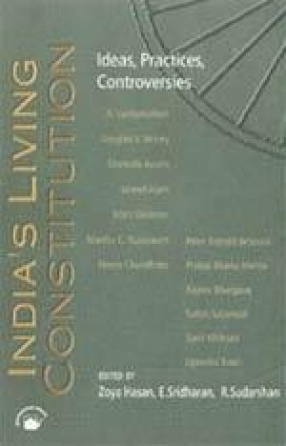
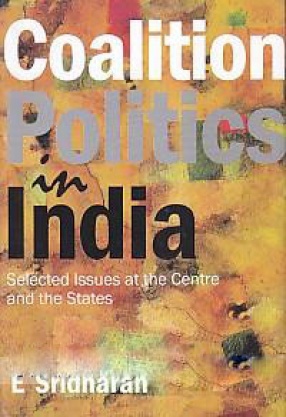
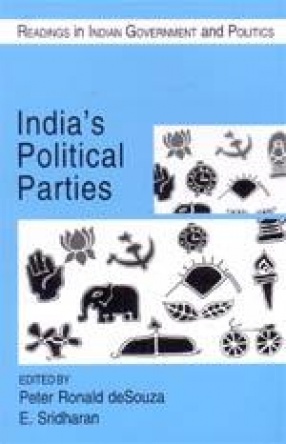



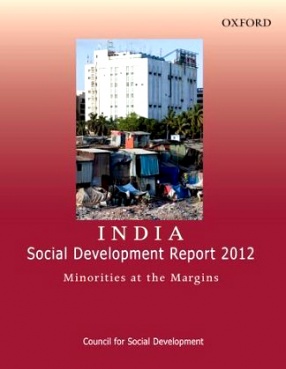
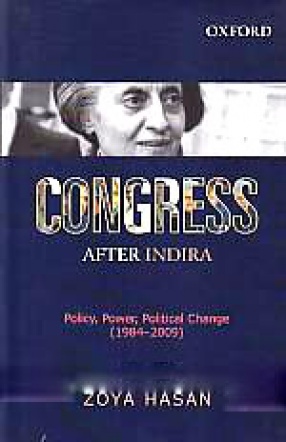
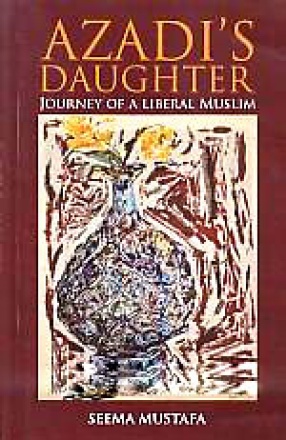

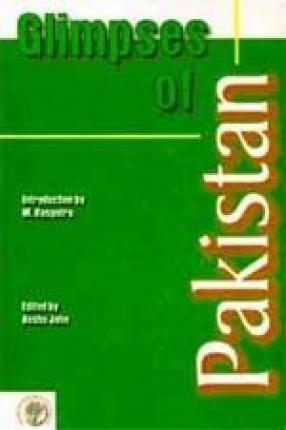
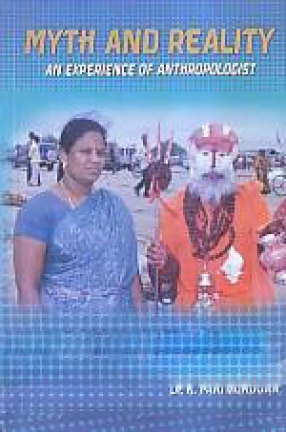
There are no reviews yet.